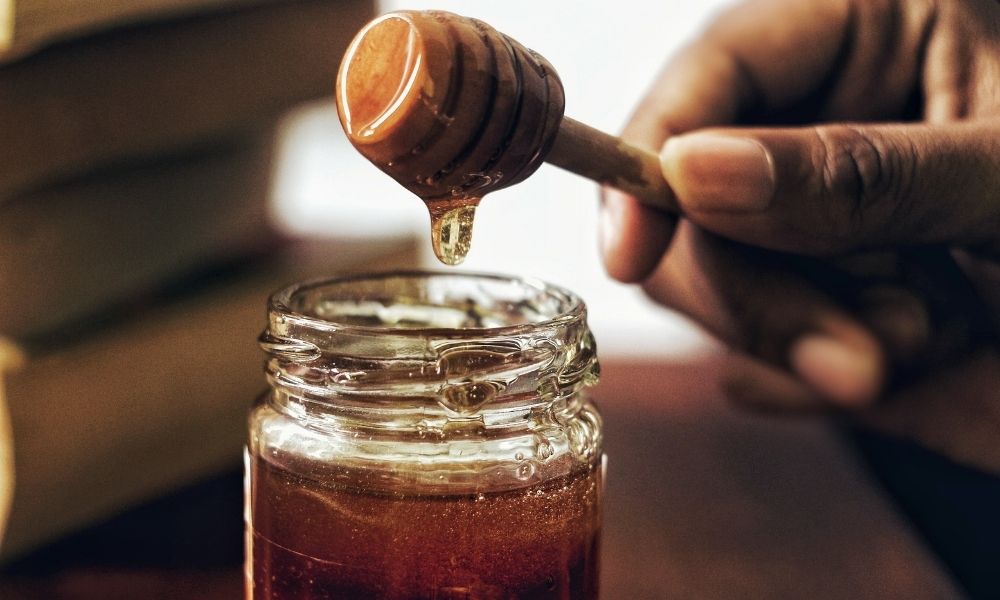A Rich and Flavorful Past: The History of Honey Use

Few foods have had such an effect on human beings as honey. By looking into the history of honey use, you’ll see that this substance continues to provide for and inspire humankind, from the Egyptians to the Greeks. There’s no denying that honey has shaped this world.
Before Humans
Honeybees and honey have been around a lot longer than beekeepers. In fact, if you look at the entire stretch of time that honeybees have been on this planet, they only overlap slightly with human beings. The “forage and storage” process by which honeybees collects nectar to create honey came about around 14 million years before people. It was only about 10,000 years ago that humans discovered they could safely harvest honey. We now have a large and growing list of different ways to use honey in food preparation—but we had to start somewhere.
Early Honey Use
As far as we know, the first people on the planet who capitalized on the delicious work of honeybees were from modern-day Spain. Over 5,000 years before the Egyptians used honey to embalm their mummies, these people created cave paintings depicting themselves robbing honey straight out of hives.
The First Known Beekeepers
The first recording of organized beekeeping dates to Egypt in 3500 BCE. In ancient Egypt, people of all classes used honey. There is evidence to suggest that the Egyptians developed a mastery of beekeeping. They built rafts that moved beehives down the River Nile to keep the hives close to flowering plants. Egyptians also used honey as a sweetener, an antibiotic, and even as an embalming liquid for mummies. In the history of honey use, the Egyptians stand out as early experts of the substance.
Other Historic Honey Moments
As such a versatile, delicious food, honey shows up again and again throughout history. When Alexander the Great died, he was transported more than 1,800 miles submerged in honey. In 400 BCE, Persians defeated the Greeks by giving the local honeybees tainted flowers, which then poisoned the Greek’s honey supply.





